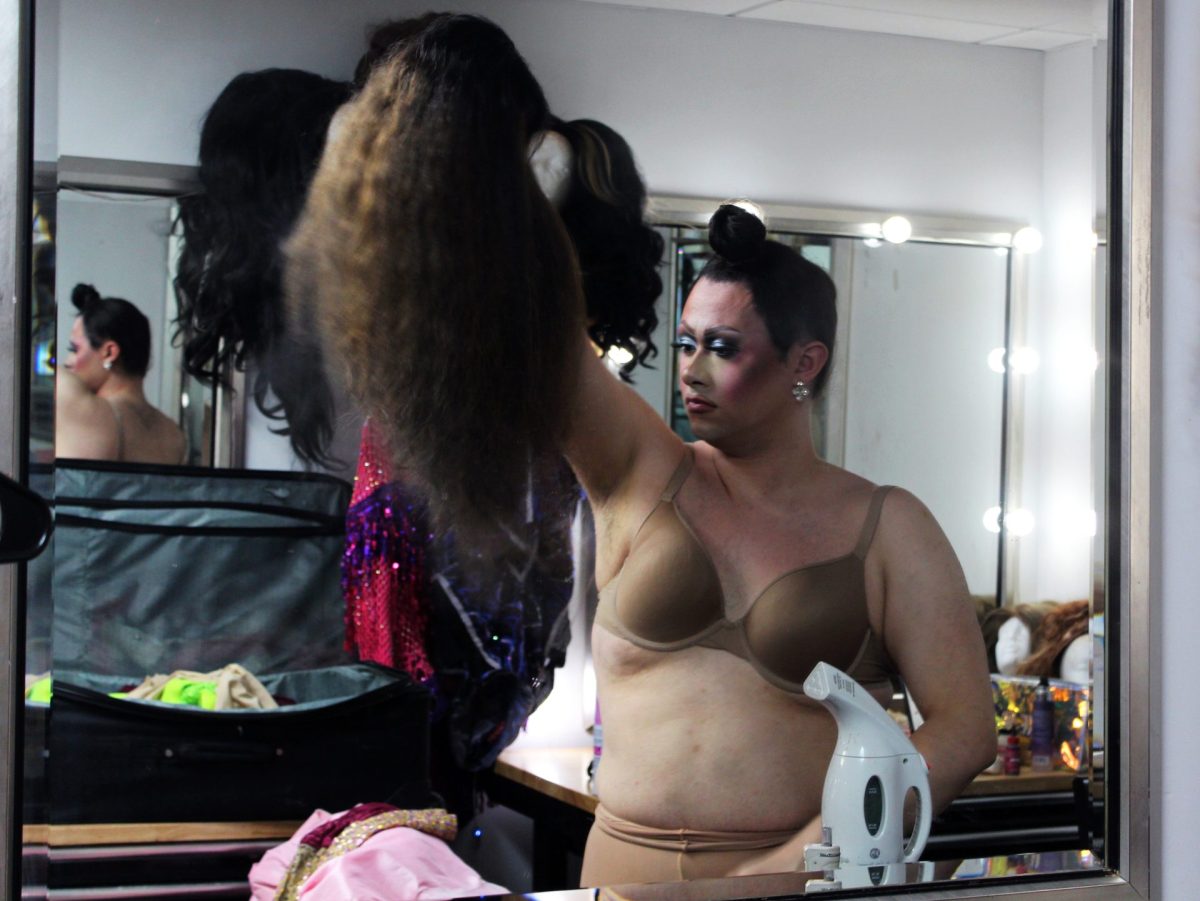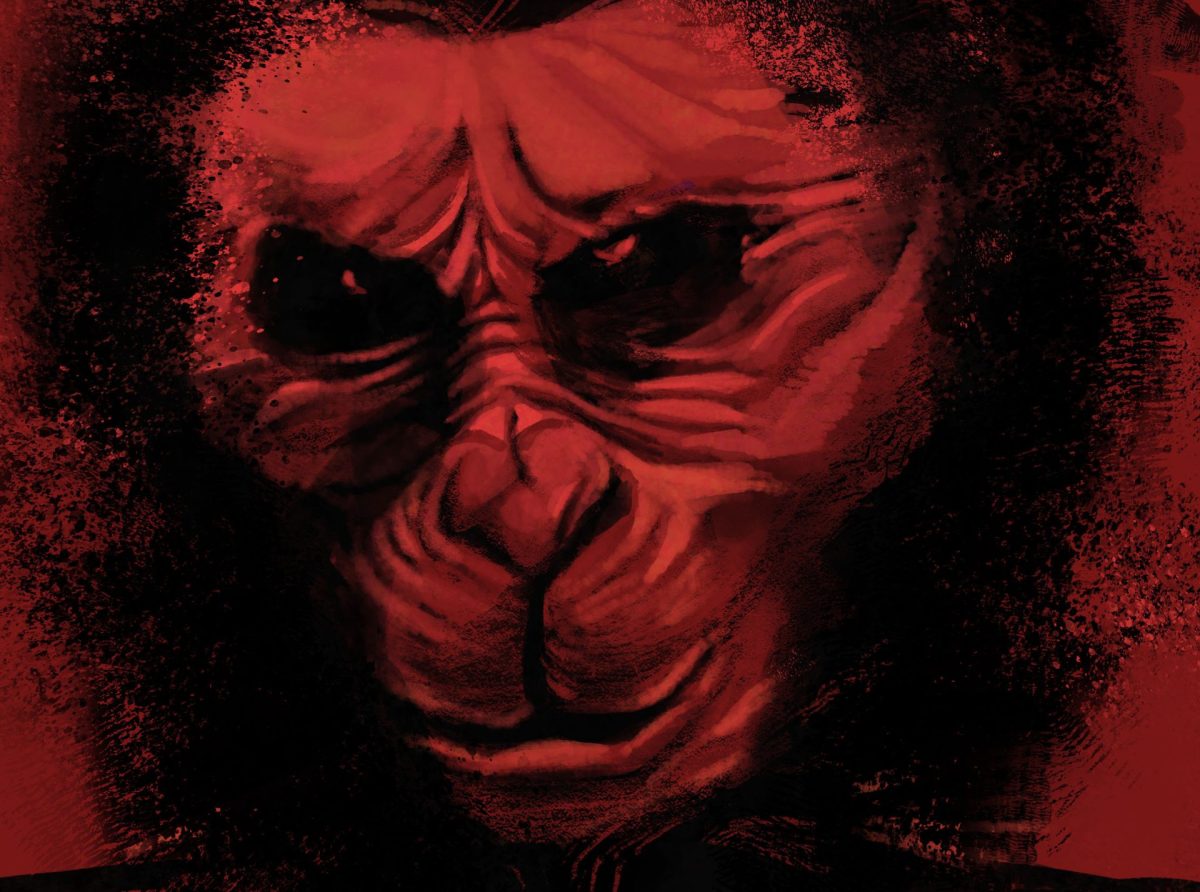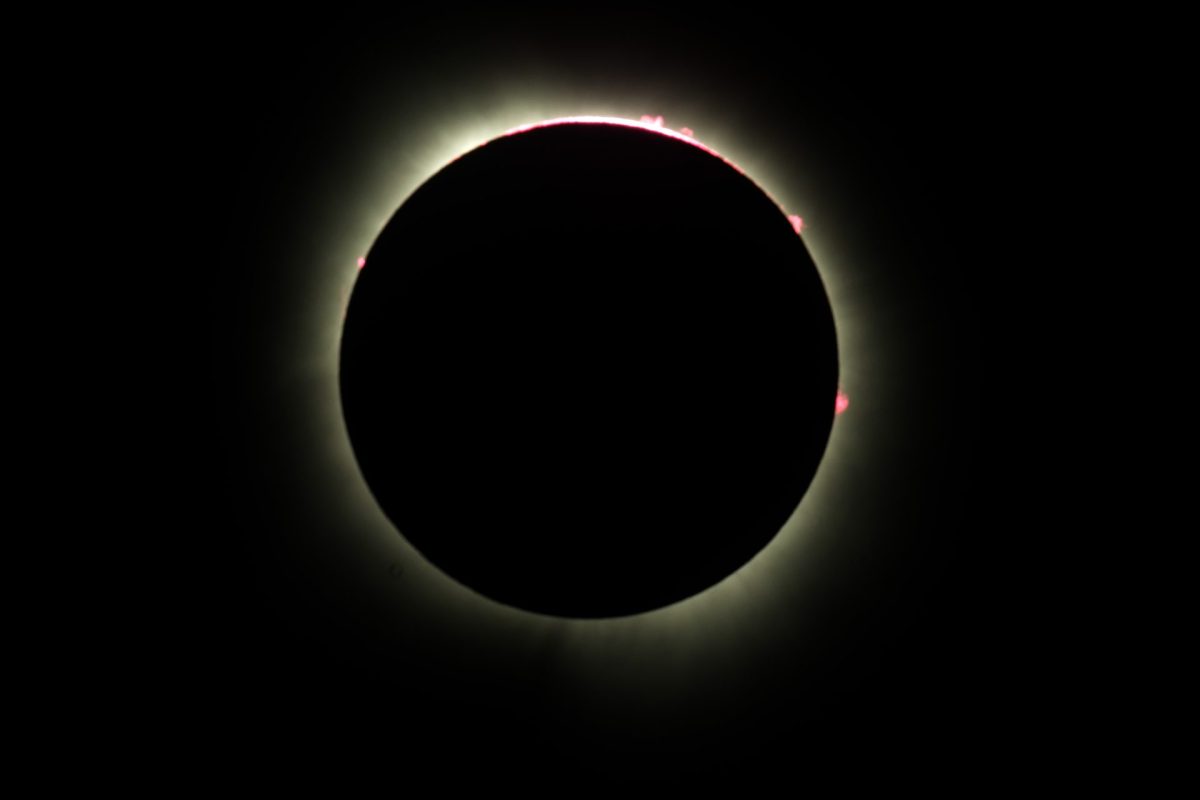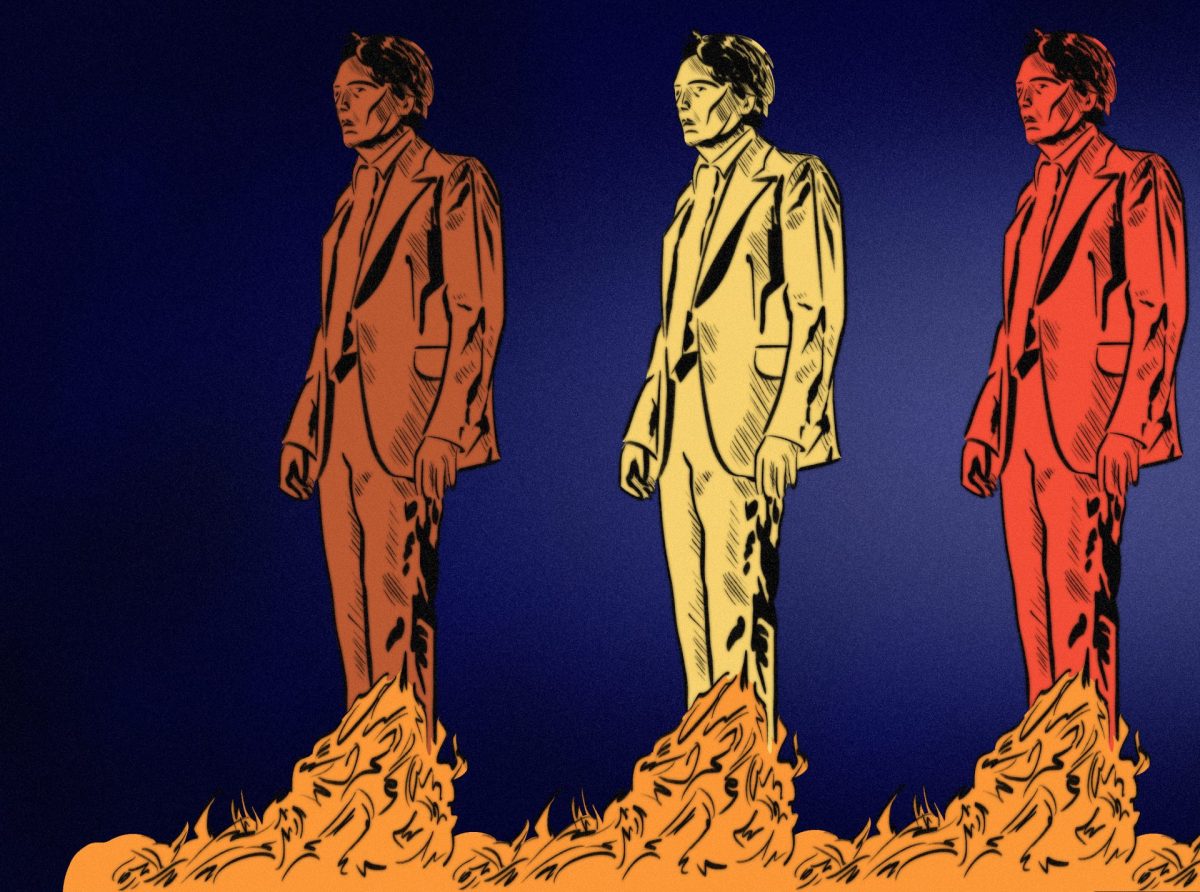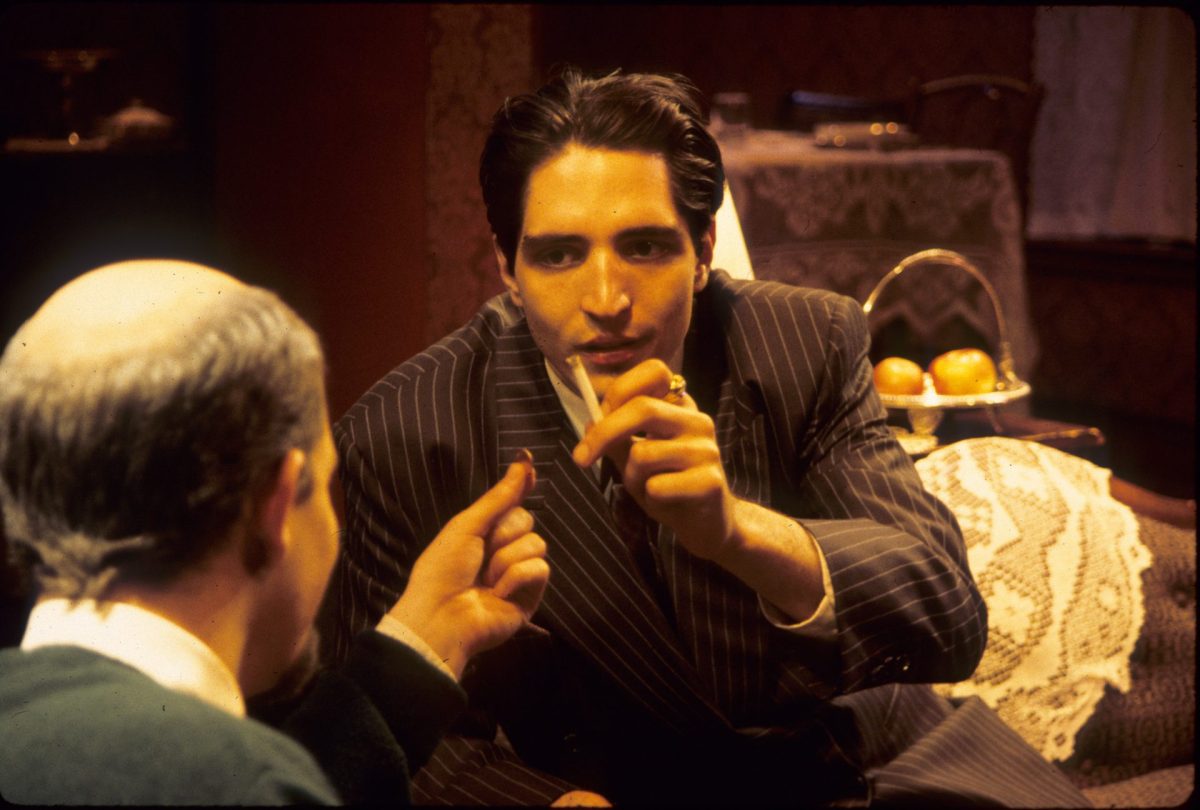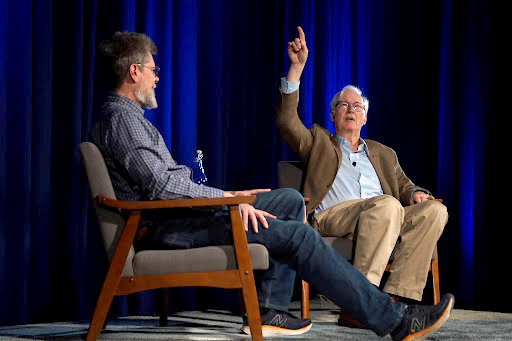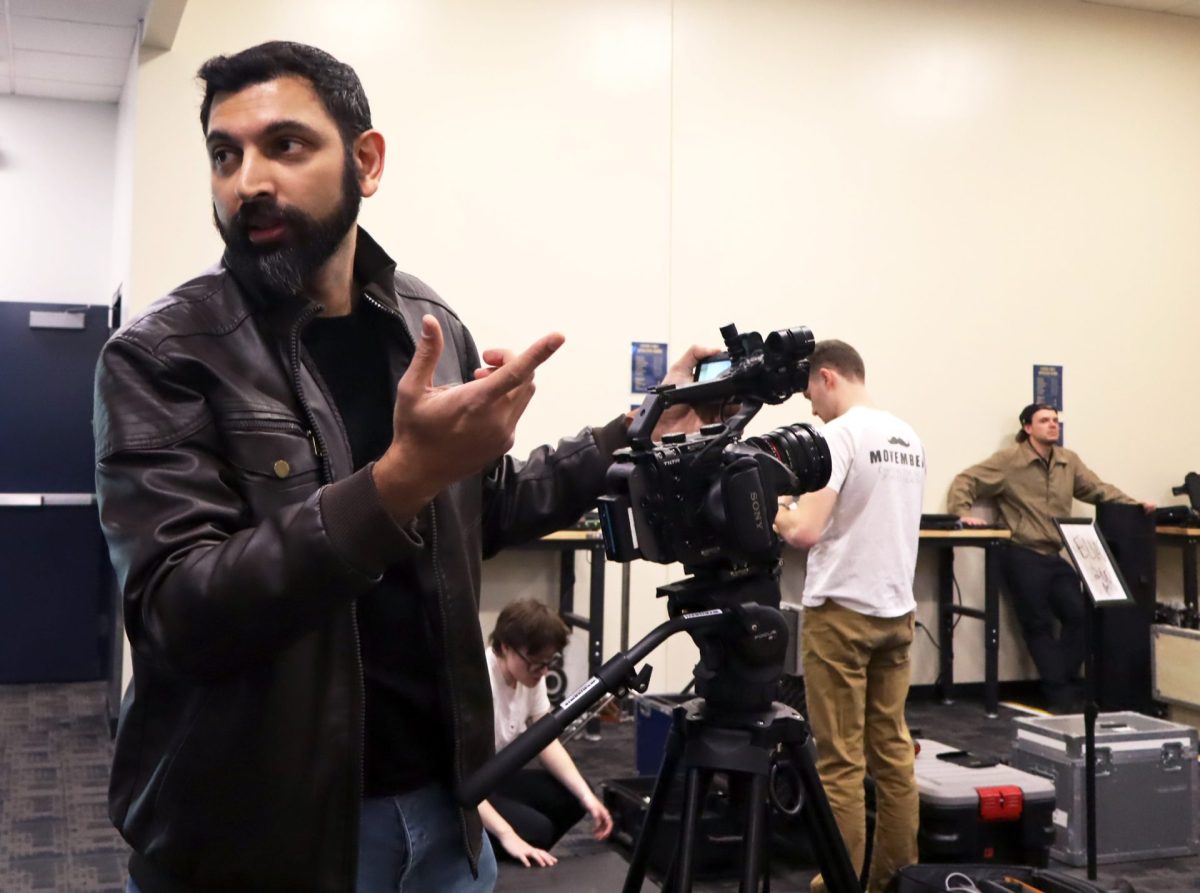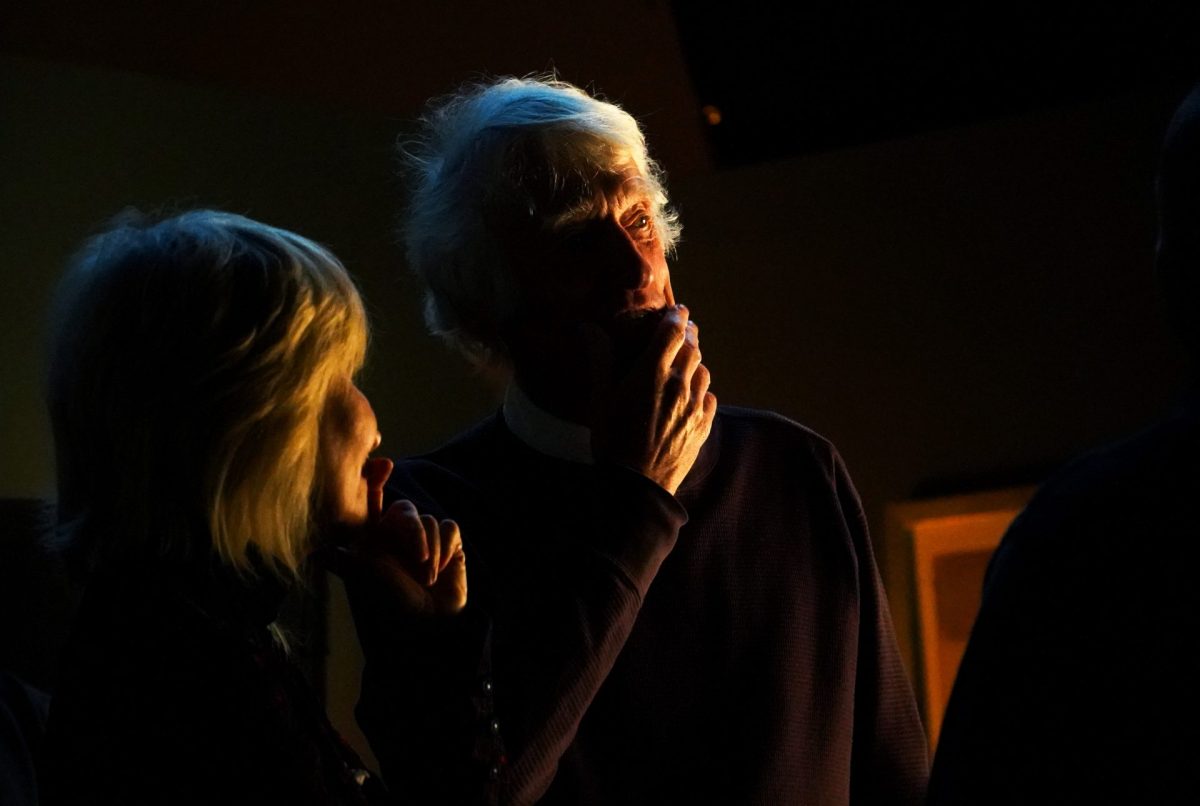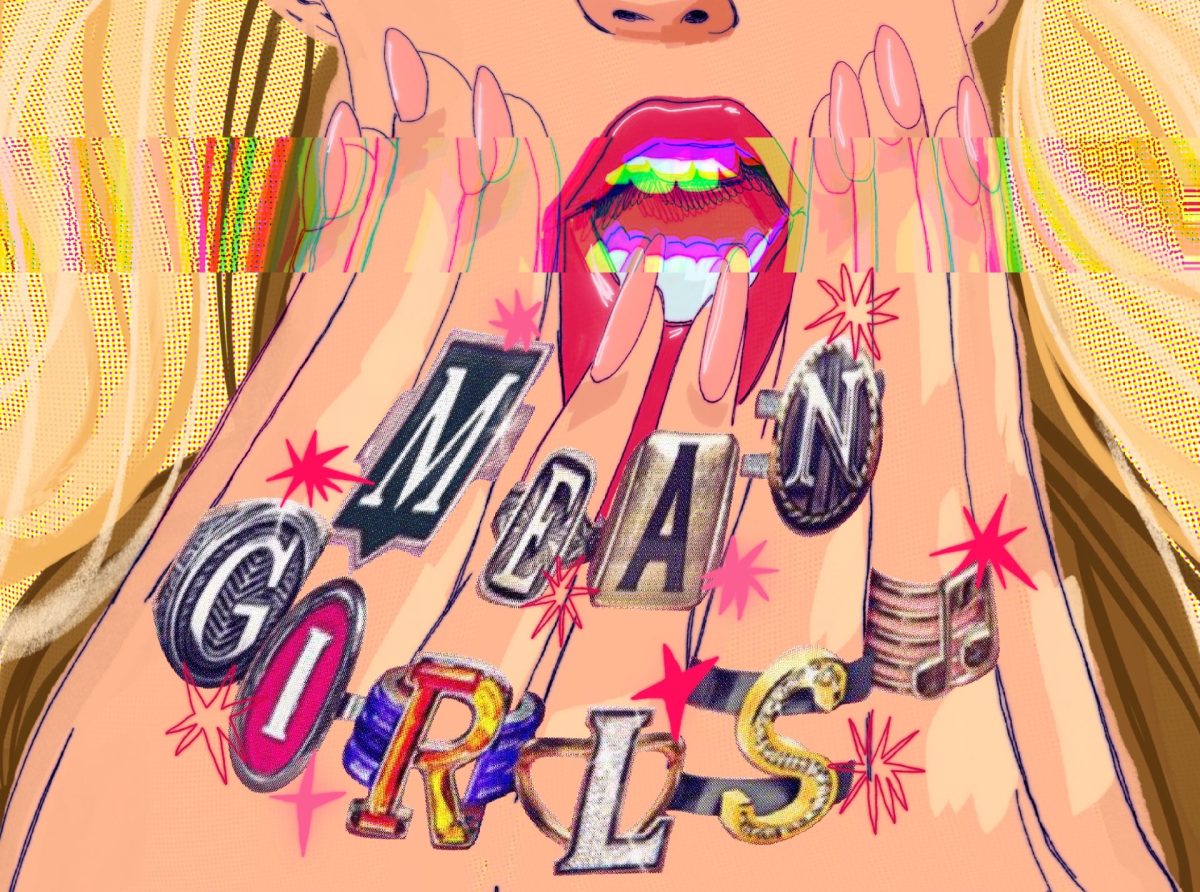This fall, will beAmericans’ television sets, will remain constantly bombarded with the day-to-day news cycles and 24-hour news stories about the U.S. presidential election. But real-life candidates aren’t the only politicians on the screen right now. Some of television’s most popular shows today revolve around the inner workings of the Oval Office.
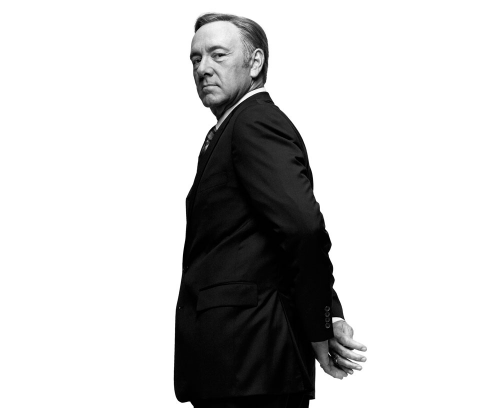
The new show “Designated Survivor,” which premiered on ABC last month, takes a look into the worst possible terrorism scenario of a bombing during the State of the Union.
In contrast to that dramatic and dark political depiction, last summer’s season 5 of “Veep” was a window inside a dysfunctional and hilariously outrageous White House. And it’s hard to mention the number of binge watchers that can’t wait to see President Frank Underwood in the March 2017 premiere of “House of Card’s” fifth season.
This isn’t a unique moment for television or films to tell fictional stories about the presidency. One of the most famous political television shows, “The West Wing,” picked up 26 Emmys during its five-year run from 1999 to 2006.
While the variety of political television shows differ in tone and depiction, there is always a clear line of reality and fiction when it comes to American politics. There is an interesting notion to why exactly political television shows are so immensely popular.
Some argue that TV shows and movies about the presidency can be educational tools. DePaul assistant professor of political science Benjamin Epstein called “The West Wing” “one of the greatest shows of all time,” hailing its balance between optimism and realism.
“It’s really instructive of the important players in the White House,” Epstein said.
Shows’ viewpoints of politics, whether optimistic or cynical, may also be enlightening for viewers. DePaul junior Brian Turner praised “House of Cards” and “Veep” for this.
“I like them because they seem to do the impossible — they show that politicians are people like you and I,” he said.
But when politics become entertainment, the immense amount of accuracy and realism can be lost behind the drama and flair. DePaul political science professor Wayne P. Steger argues that many political shows tend to be further from reality than they might seem.
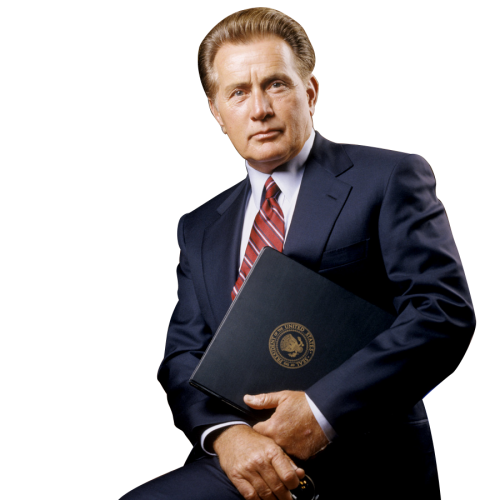
“‘Veep’ may be closer to the reality than “‘The West Wing,’” Steger said, noting that TV shows and movies are entertainment first. “They tend to be pretty vague on details.”
Turner agreed, citing that many viewers could take the inaccuracies of political shows or satirical news shows and believe them as actually facts. “‘The Daily Show,’ John Oliver, and so on give you laughs at the expense of the actual facts, and create an uninformed and misinformed voter,” Turner said.
Molly Andolina, an associate professor of political science at DePaul, mentioned her worries about the inaccuracy of pop culture politics.
“Sometimes I worry that students buy into the ‘House of Cards’ idea of conspiracy. I am a rabid anti-conspiracy theorist,” Andolina said. She added that even if shows weren’t realistic, they could still be enjoyed nonetheless. “I just like good dramas, I like good stories; I like complicated characters.”
Though an argument can be made that getting viewers interested in politics is more important than factual accuracy.
“It’s not reality, but it’s a bridge,” Epstein said. “More people are interested in the inner workings of government.”
This interest in the political workings of America could be attributed a lot to TV shows and movies about the presidency, though this could have a negative side as political dramas are full of dramatic conflict with extreme narratives and plots. While this conflict is nothing short of storytelling, it has had profound impact on the viewer’s perception of real politics — a world that many would argue is a lot less boring than it is portrayed as on television.
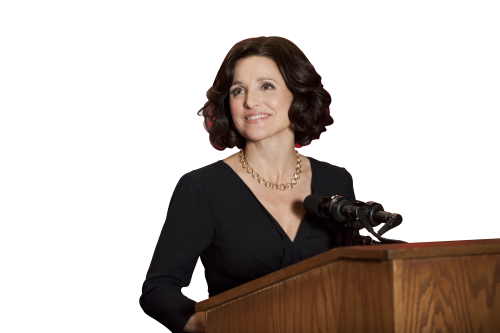
“Conflict grabs attention,” Epstein said. “It has led to the public feeling like politics is conflict.”
Steger is unconvinced that pop culture has much influence on viewer’s thoughts on the political world we see today.
“Political films’ ability to sway people is very limited,” Steger said. “Many fictional portrayals of politicians avoid naming parties or giving characters’ specific policy agendas. A partisan film or TV show will likely have a limited audience of people who already share its viewpoint.”
Steger believes when TV shows and movies do have viewpoints, they seldom change our minds. In fact, he argues they’re likely to reestablish a variety of viewpoints we already have.
“Films tend to reflect rather than drive dominant attitudes,” Steger said, pointing to the evolution of women and minorities’ roles in political films as an example.
But Andolina noted entertainment’s ability to influence public discussions. “I think the entertainment television can make the public aware of issues that are not on the public agenda — and, perhaps, in the best cases, they can help to change hearts and minds,” Andolina said.
For example, “Orange Is the New Black” politics in the show aren’t blatant, but the Netflix hit made prison reform a topic of discussion.
DePaul student Angeli Angelos echoed Andolina’s point.
“I don’t think shows influence me directly in terms of a political agenda,” Angelos said. “But they do indirectly put ideas and general themes in the plot so they could have a slight impact on the way I look at policies.”
Though the attitudes may vary within how much fictional political television shows and films affect our perception of the realistic workings of the executive branch, one aspect does remain clear: We can’t stop watching.


